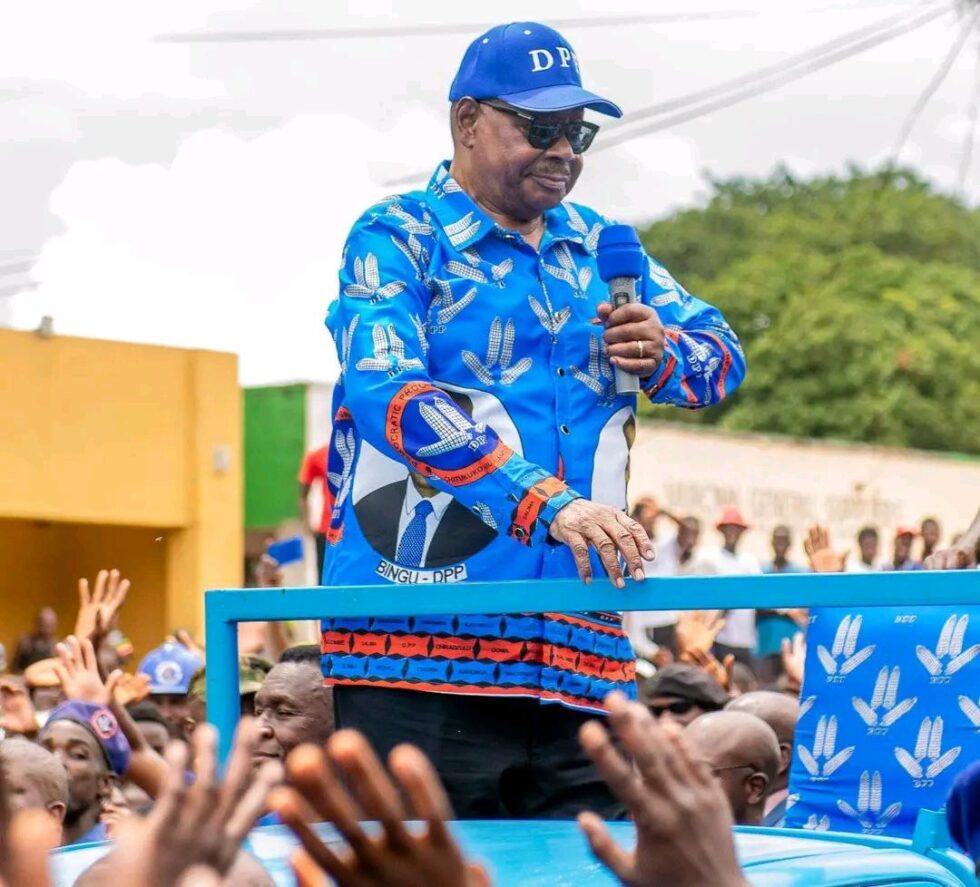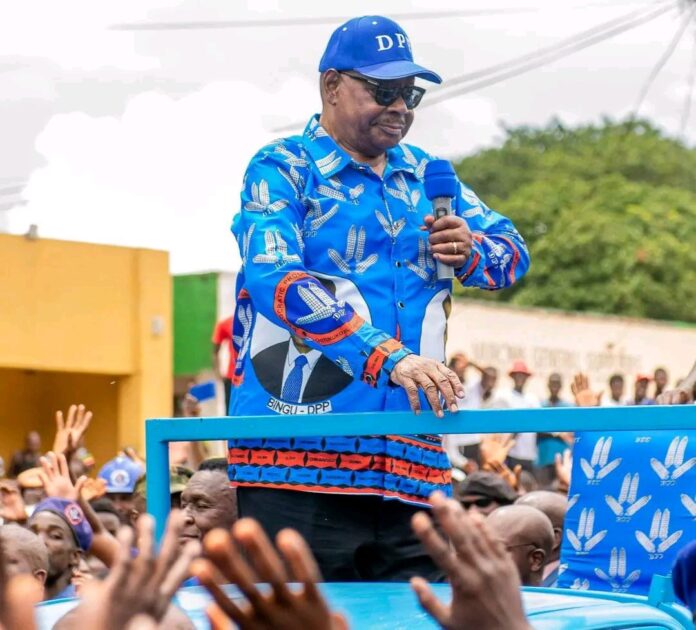By Lyson Swala
Democratic Progressive Party (DPP ) should not look clean now . The party failed to run this nation well for about 14 years. If we talk of fuel scarcity , no government is spared in fuel scarcity.The fuel crisis in Malawi,a country that does not produce its oil is nothing new. The crisis can be traced back to the first post-independence regime of Hastings Kamuzu Banda.
During the Kamuzu era, Malawi faced fuel shortages in the late 1970s and early 1980s due to the Mozambican war, which disturbed supply chains.

When Bakili Muluzi was elected into office in 1994, he faced similar challenges. In 1998, Malawi faced a forex shortage due to the Balance of Payments deficit, and this led to fuel shortages.Bingu Wa Mutharika,founder of Democratic Progressive Party (DPP ) faced criticism in his second term on the basis of violation of human rights,including his stance against homosexuality and refusal to devalue the local currency,Kwacha.This led to the freezing of donor funds and, hence, fuel shortages. In no time, Mutharika’s successor upon his death, Joyce Banda, devalued the Kwacha by almost 50% from K166 per $1 to K250. As expected, donor funding resumed, and the crisis eased.
Talking of security lapse and human rights violations, DPP was on high peakm. For instance security forces killed 20 persons on July 20 and 21 during and after demonstrations against the government in Lilongwe, Blantyre, Mzuzu, and Karonga.
The demonstration was organized to protest President Mutharika and his ruling DPP’s inaction on “poor economic and democratic governance.” An injunction banning public demonstrations throughout the country delayed the start of the protest, but after the injunction was lifted protests went ahead. Only protesters in Blantyre secured last-minute legal permission for the demonstrations. Protests in all cities devolved into violence on July 20, with police firing tear gas and warning shots and disorganized groups destroying property. Civil unrest continued the following day with widespread looting in major cities. In an attempt to restore order, police used tear gas and live bullets. The Malawi Defense Force (MDF) deployed on both July 20 and 21 to quell violence and restore calm. The final death count, including victims who died later from injuries, was 20 persons. None of those who died was a participant in the demonstrations.
On November 30, a commission of inquiry into the events commenced work with several public hearings and another session planned for the northern region in early 2012. The commission has an eight-month window to complete its work. To date, police have admitted using live bullets and the inspector general of the Malawi Police Service (MPS) admitted to mishandling the protests and called for a return of bonuses paid to police who worked during the July unrest.
On September 24, Robert Chasowa, vice president of “Youth for Freedom and Democracy” and a student at the Polytechnic School, was found dead on campus under controversial circumstances. Chasowa was under police watch for the publication of “Political Update,” which was highly critical of the government. Police claimed that he committed suicide by falling from a building, and as evidence, produced two suicide notes. Irregularities in the letters raised suspicions and Chasowa’s family demanded further investigation. A postmortem in October concluded that he died from head injuries sustained from assault by a blunt instrument and not as a result of a fall. A commission of inquiry was to investigate the circumstances surrounding Chasowa’s death, but no one had been named to the panel by year’s end.
Police arbitrarily shot and killed suspects. For example, on December 20, police shot and killed four suspects in Limbe who were trying to escape after allegedly planning to break into a shop. The same night, police also shot and killed a man in Blantyre suspected of attempted robbery. No action reportedly was taken against the police officers responsible.
Police were implicated in the death of several prisoners in custody. For example, in March Emmanuel Kafere died in a police cell at Mulenga police unit in Zomba. A postmortem indicated that Kafere died from internal bleeding after suffering head stab wounds, two broken legs, and a broken arm. The policeman accused of Kafere’s death was charged with murder and appeared in court on March 21. At year’s end, he was being held in pretrial detention and the case was awaiting trial.
On December 4, Kingsley Khope died in Ndirande police’s custody in Blantyre. Family members were denied visitation and demanded a postmortem. Police claimed Khope died on arrival at the hospital after complaining of malaria, but the family accused police of causing the death by assaulting Khope.
Perpetrators of past abuses were occasionally punished, but investigations often were abandoned or remained inconclusive. For instance, there were no further developments in the following 2010 killings: the July shooting death of Silence Kapalamula by a police officer and the September death of a woman and her child, who were struck and killed by a speeding truck driven by a police officer.



